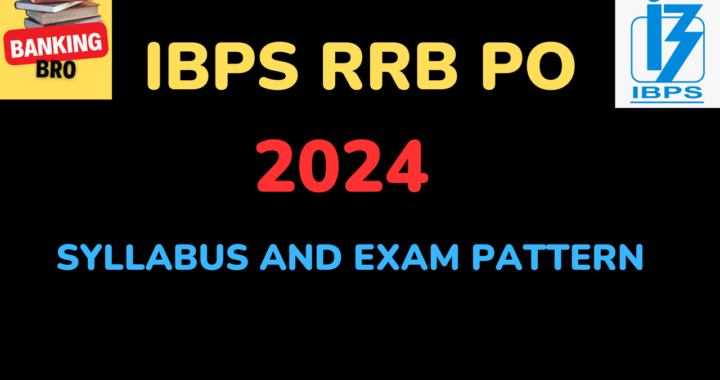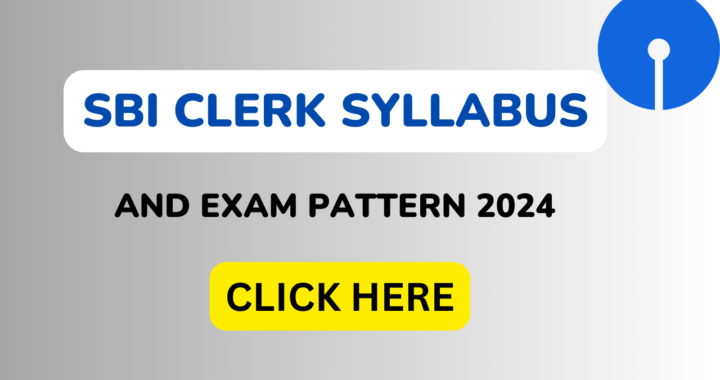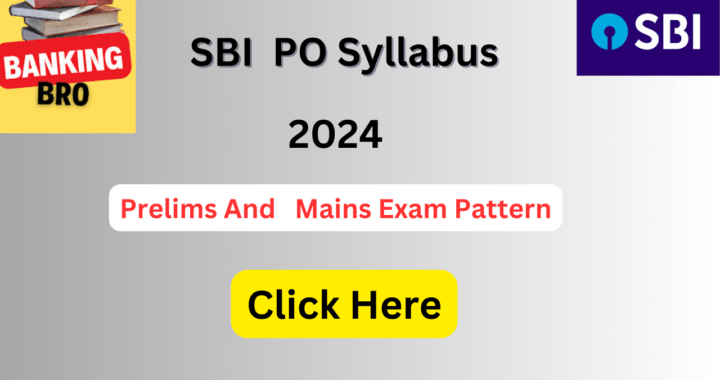IBPS RRB PO Exam Pattern And Syllabus
IBPS RRB PO Exam Syllabus 2024:-
To prepare effectively for the IBPS RRB PO exam, it is crucial to understand the syllabus. The IBPS RRB PO syllabus provides insights into the exam’s nature and highlights important topics.
IBPS RRB PO Prelims Exam Syllabus 2024:-
- Quantitative Aptitude: This section tests your numerical ability and mathematical skills. Topics may include:
- Number Series
- Simplification and Approximation
- Average
- Percentage
- Partnership
- Ratio & Proportion
- Profit & Loss
- Simple & Compound Interest
- Time & Work
- Time & Distance
- Boat & Stream
- Mensuration
- Probability
- Data Interpretation (Tables, Pie Charts, Bar Graphs, Line Graphs, Caselet )
- Reasoning Ability: This section assesses your logical and analytical reasoning skills. Topics may include:
- Coding-Decoding
- Syllogism
- Blood Relations
- Directions & Distances
- Order & Ranking
- Seating Arrangements (Circular, Linear, square ,rectangular, triangle )
- Puzzles
- Inequalities
- Data Sufficiency
- Input-Output
IBPS RRB PO Mains Exam Syllabus 2024:-
Candidates should keep in mind the important section from the IBPS RRB PO syllabus and prepare accordingly for the IBPS RRB PO Examination. IBPS RRB PO Mains exam consists of 5 sections i.e. Reasoning Ability, Quantitative Aptitude, English/Hindi, Computer Knowledge and General Awareness.




